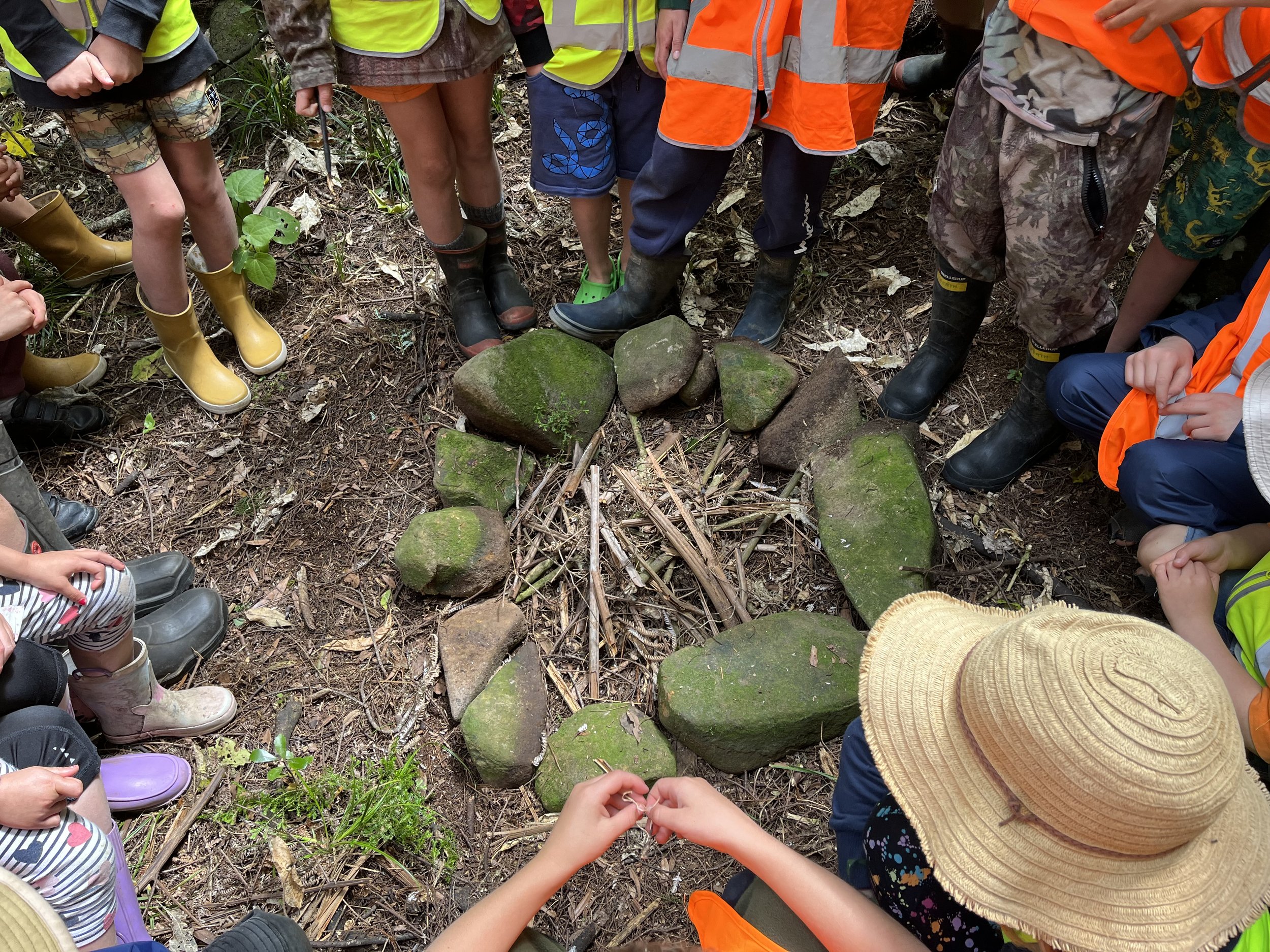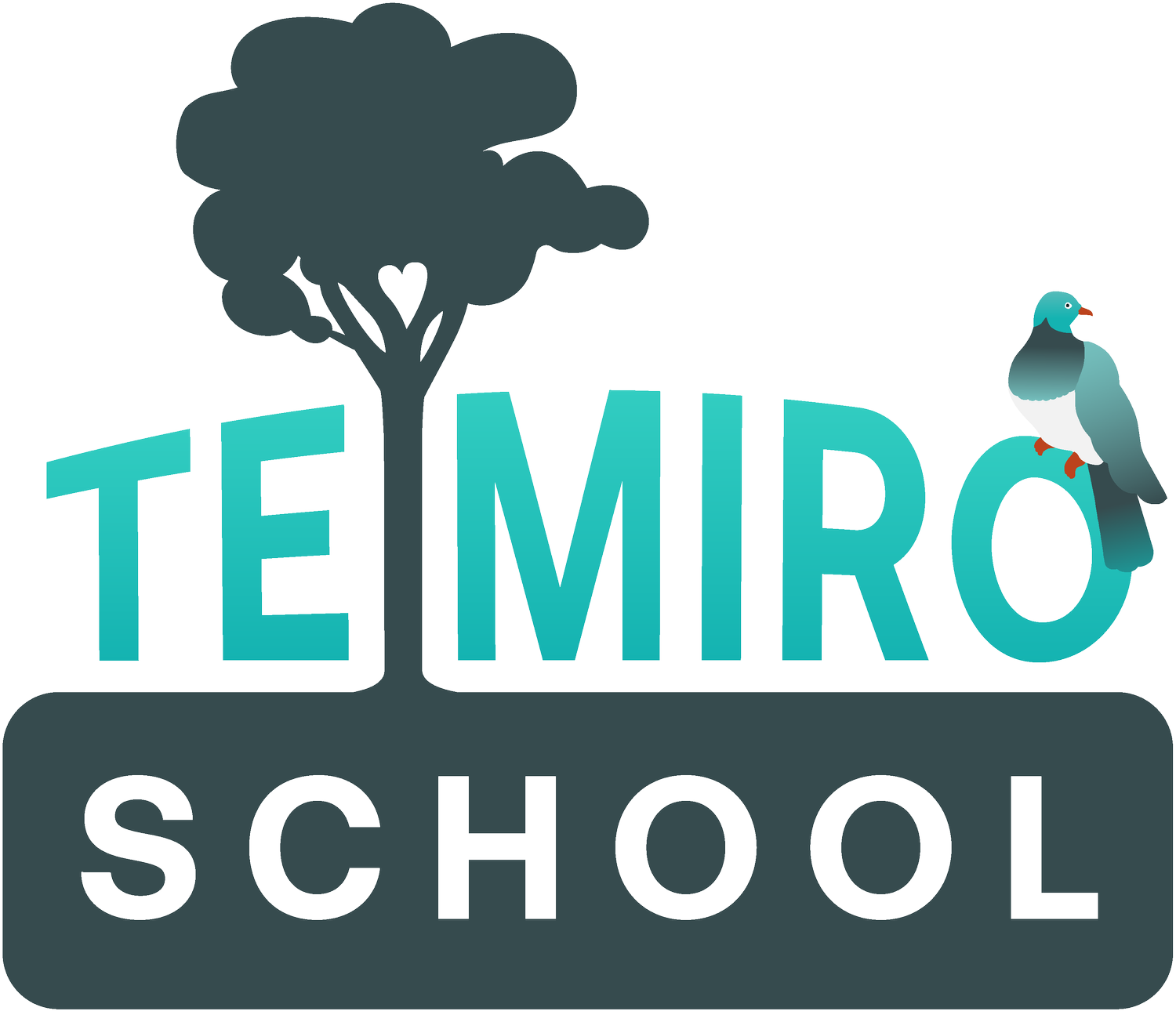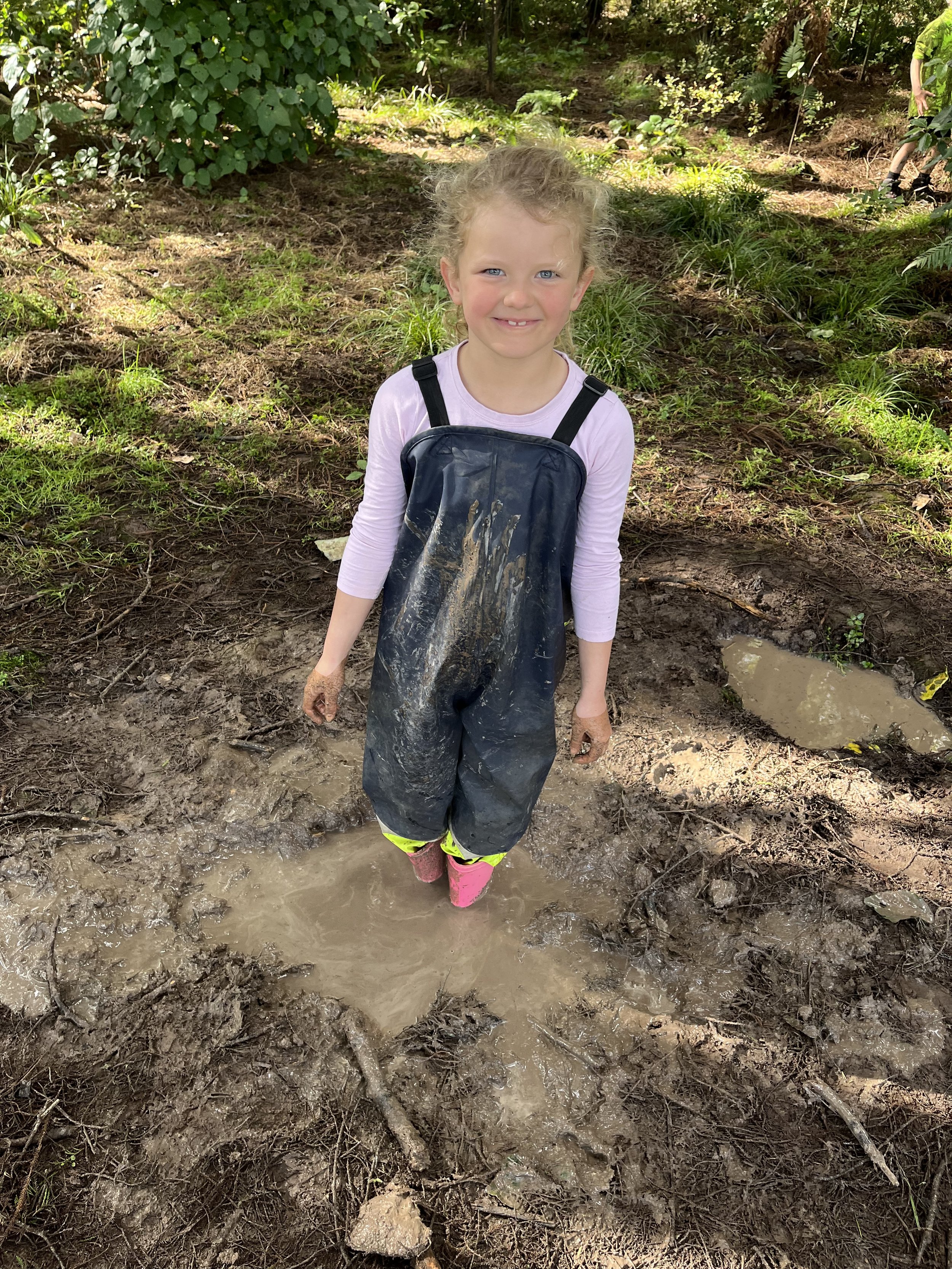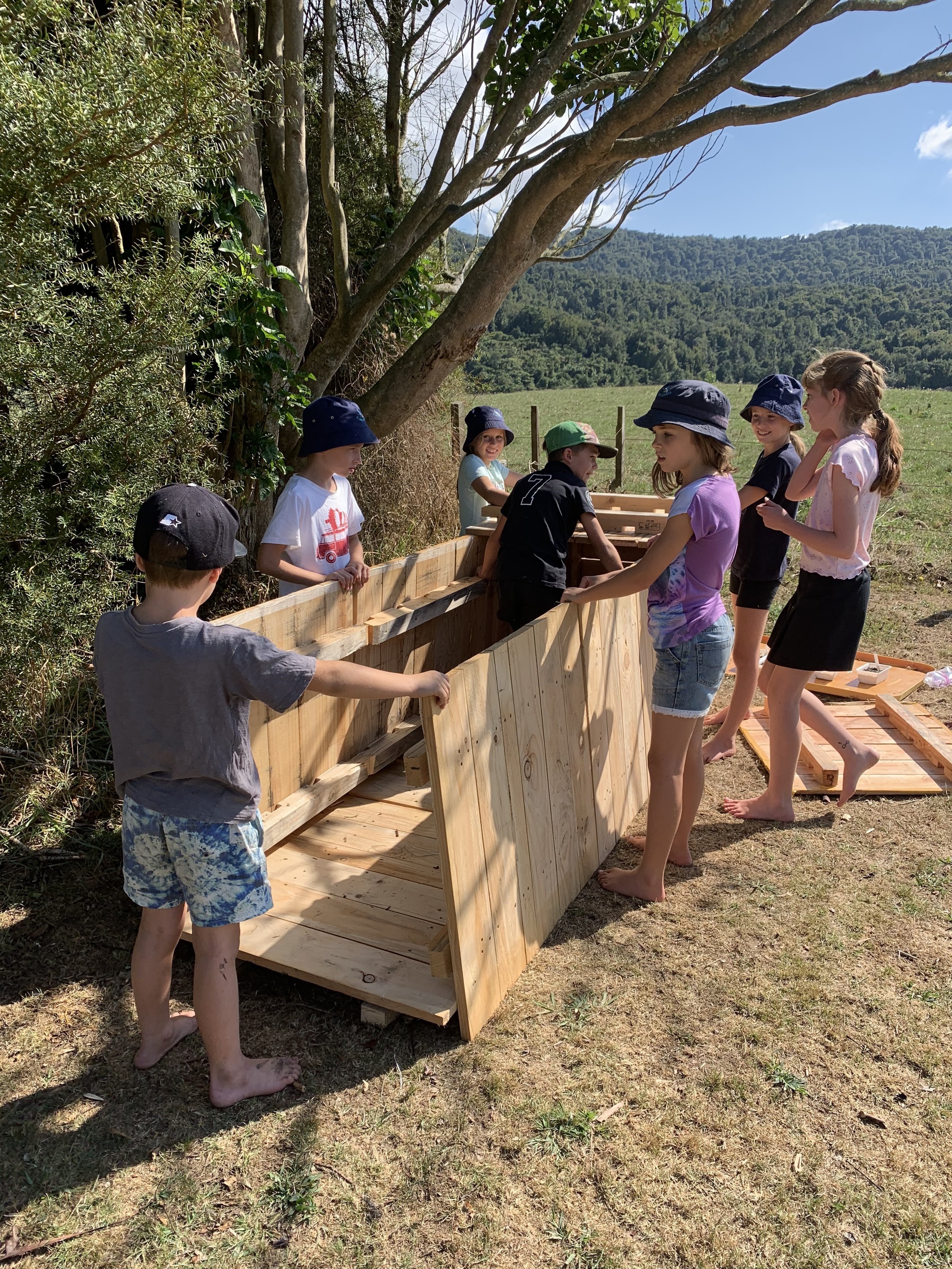
BUSH CLASS AND NATURE ED
Children grow up hearing how broken the environment is. Plant strawberries together, make medicines and paint the sunrise. Show them proof that nature isn’t broken.
NATURE ED PRINCIPLES
1. Learners are the central players of the environment.
2. The environment aims to develop self-regulated learners who regulate their emotions and motivation’s during the process.
3. Social Nature – The environment actively encourages well-organised co-operative learning.
4. Teachers are attuned to learners’ motivations and the key role of emotions in achievement.
5. Building connections with home, the community and the wider world.
Nature Ed Principals are an integral part of our rich Local Curriulum and can be transferred into all areas of learning.
Our current Nature Ed Curriculum recognises the multiple opportunities we have to learn in nature:
· growing and giving food
· growing and giving native plants
· contributing to bio-diversity and sustainability (trapping)
· being physically active in our Bush environment (Mountain Biking, Hiking)
· survival skills including health and safety
Joining the school's bush class was an enriching experience for the Te Miro Playgroup, thanks to the dedication and passion of the fantastic teachers.
Exploring the bush ignited the children's curiosity and sparked their imaginations through play. It was incredible to see how much the children flourished in this natural setting, surrounded by trees, wildlife, and fresh air. From building shelters to identifying local flora and fauna, every step led to new discoveries and excitement.
The children also had the opportunity to engage in literacy with a story about the history of Lake Te Koo Utu and numeracy through a balancing stick activity. Additionally, they developed life skills such as problem-solving, and teamwork all while surrounded by beautiful, local native bush.
For playgroup members, it's evident that engaging in such school activities makes the transition to school smoother, as they are already familiar with fellow children, teachers, and the environment. We're grateful to be part of a school community that values outdoor education and fosters a love for nature from such a young age.
Thanks again for the opportunity and continual support of playgroup.
Kind regards, Nicole
During Bush Class, teachers can observe their learners in an environment free from restraints such as walls and learning objectives, where their differences and relational play can be observed and scaffolded to build a picture of the individual learner. This knowledge is then used constantly to shape direction and practice in all learning environments.
NATURE ED AND BUSH CLASS involves the whole school and is based on the social and emotional growth of all of our tamariki working and playing in a tuakana teina model (older ones teaching younger ones). We walk down to our neighbours 10 acre Kahikatea bush every Friday and spend time together in nature. The bush is a place of respect and a place of learning where together we grow.
Research shows us that being in nature has the following wellbeing benefits:
Reduced Stress: Exposure to nature can lower levels of cortisol, a stress hormone, and promote relaxation, which can help individuals regulate their emotions more effectively.
Enhanced Mood: Spending time in nature has been linked to improved mood and increased feelings of happiness and well-being. Natural environments often evoke positive emotions, such as awe, wonder, curiosity and tranquility, which can help regulate negative emotions and promote emotional balance.
Increased Mindfulness: In Bush Class we encourage mindfulness, which is the practice of being present and fully engaged in the moment. Being in a natural setting can promote a sense of mindfulness by encouraging aakonga to focus on their surroundings, engage their senses, and connect with the present moment. Mindfulness practices have been shown to enhance emotional regulation skills.
Connection to Others: Bush Class fosters social connections (tuakana teina) which are important for emotional well-being and provide opportunities for social support, emotional expression, and interpersonal connection, all of which contribute to better emotional regulation.
Physical Activity: Known to have positive effects on mood and emotional regulation. Regular exercise in nature can help reduce symptoms of anxiety and depression, improve self-esteem, and enhance overall emotional resilience.












